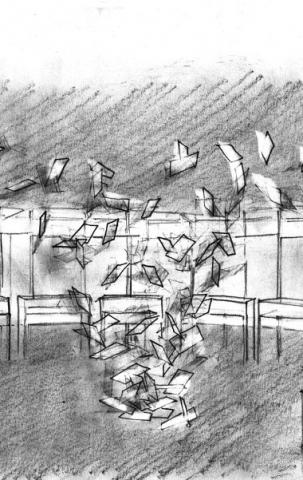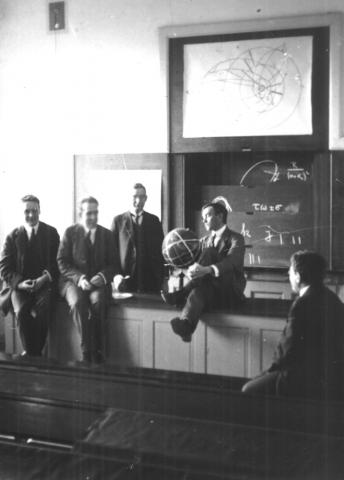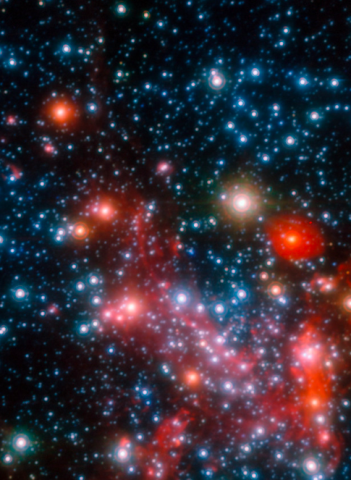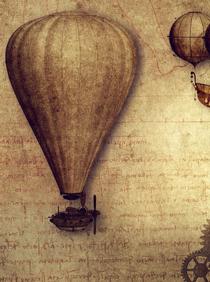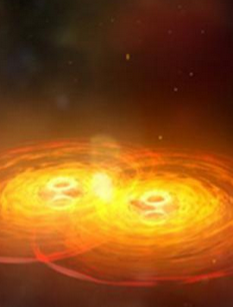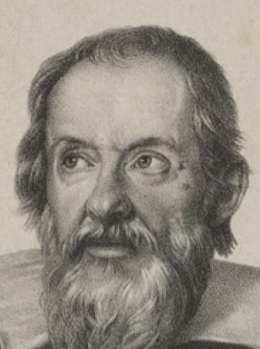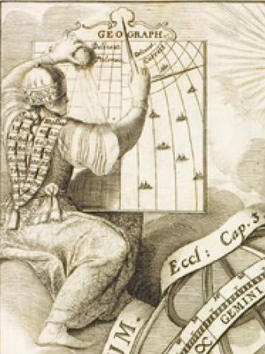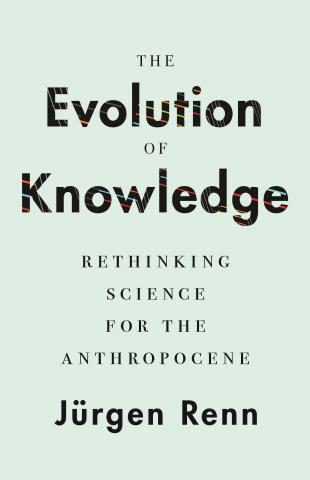
Jürgen Renn
Former Director (1994–2023)
Dr., Professor, Freie Universität Berlin, Humboldt-Universität zu Berlin,Director at the Max Planck Institute of Geoanthropology in Jena
Jürgen Renn was founding director of the Max Planck Institute for the History of Science in 1994. Together with his department he has studied the long-term developments of knowledge in consideration of processes of globalization and the historical dynamics that led to the Anthropocene. In almost three decades at the MPIWG, his numerous research projects in knowledge development in relation to different cultures and historical periods have opened up new approaches, especially in the digital humanities. Research topics have included the origins of science in Europe and China and the development of mechanics from antiquity to the twentieth century. Knowledge exchanges between Arabic and Latin language areas were investigated, as well as those between Europe and China in the early modern period. Among the achievements of the department are a comprehensive history of architectural knowledge and major works on the history of modern physics, in particular the theory of relativity and quantum theory. On the basis of the department's research, a theory of knowledge evolution has been developed that incorporates cognitive dynamics as well as social contexts. Jürgen Renn has promoted the communication of scientific knowledge, also to the wider public, through numerous exhibitions, newspaper articles, television reports, and interviews and is deeply engaged in sustainability discussions at the intersection of science and politics.
Jürgen Renn and his group have focused on structural changes in systems of knowledge. Their aim was to develop a theoretical understanding of knowledge evolution, taking into account its epistemic, social, and material dimensions. As groundwork for such a theoretical approach to the history of knowledge, he and his colleagues investigated some of the great transformations of systems of physical knowledge, such as the origin of theoretical science in antiquity, the emergence of classical mechanics in the early modern period, and the revolutions of modern physics in the early twentieth century. Complementary to this longitudinal perspective on the evolution of knowledge, they developed a transversal approach that examined dissemination and transformation processes of knowledge across cultural boundaries, as well as processes of globalization and the historical origins and co-evolutionary dynamics leading into the Anthropocene.
An early pioneer of the Digital Humanities and the Open Access Movement, he was a co-initiator of the Berlin Declaration on Open Access to Knowledge in the Sciences and Humanities launched by the MPG in 2003 and, together with his colleagues, created the Edition Open Access platform for open access publication. He has also been responsible for numerous major exhibitions on the history of science, from Albert Einstein–Chief Engineer of the Universe, Archimede – Arte e scienza dell’invenzione, to Leonardo’s Intellectual Cosmos.
Jürgen Renn is honorary professor for History of Science at both the Humboldt-Universität zu Berlin and the Freie Universität Berlin. He has taught at Boston University, at the ETH in Zurich, and at the University of Tel Aviv. He has held visiting positions in Vienna, Bergamo, Pavia, and at CalTech. He is a member of the Leopoldina as well as of further national and international scientific and editorial boards. In 2011 he won the Premio Anassilaos International. In 2014, he won the ESHS Neuenschwander Prize and the Premio Internazionale Marco & Alberto Ippolito and was awarded the Max Planck Communitas Award and the Francis Bacon Award. He was recently awarded the 2023 Abraham Pais Prize for the History of Physics. In 2019 he was elected member of the German Archeological Society and in 2021 a foreign associate for mathematics, physical and natural science at the Istituto Veneto di Scienze, Lettere ed Arte in Venice. From 2017–2019, Jürgen Renn served as Chairperson of the Humanities Sciences Section of the Max Planck Society. His book The Evolution of Knowledge: Rethinking Science for the Anthropocene was published in 2020 with Princeton University Press, and has since appeared in a number of foreign-language editions (2022: Suhrkamp, Carocci editore, Les Belles Lettres).
Jürgen Renn continues to research at the MPIWG. In June 2022, he became founding director of the newly established Max Planck Institute of Geoanthroplogy in Jena (MPIGEA) and shifted his focus to research on the Anthropocene.
Projects
Leonardos intellektueller Kosmos in der Staatsbibliothek zu Berlin, 11. Mai bis 17. Juli 2021
Albert Einstein—Chief Engineer of the Universe (Exhibition 2005)
Anthropocene Curriculum
Atlas of Innovations
Continuity and Epistemic Developments of Astronomical Knowledge in the Longue Durée: The Sphaera-tradition
Convivencia. Iberian to Global Dynamics (500–1750)
Development of Mechanical Knowledge in China
Early Modern Mechanics: Benedetti
Selected Publications
Renn, Jürgen (2024). La evolución del conocimiento: repensando la ciencia para el antropoceno. Biblioteca Bo. Cordoba: Editorial Almuzara.
Read More
Renn, Jürgen (2024). “Einleitung: Epistemische und gesellschaftliche Dynamiken.” In Die Max-Planck-Gesellschaft: Wissenschafts- und Zeitgeschichte 1945–2005, ed. J. Renn, C. Reinhardt, J. Kocka, F. Schmaltz, B. Kolboske, J. Balcar, and A. von…
Read More
Balcar, Jaromír and Jürgen Renn (2024). “Das Ringen um die Steuerbarkeit der MPG.” In Die Max-Planck-Gesellschaft: Wissenschafts- und Zeitgeschichte 1945–2005, ed. J. Renn, C. Reinhardt, J. Kocka, F. Schmaltz, B. Kolboske, J. Balcar, and A. von…
Read More
Renn, Jürgen (2024). “Konjunkturen der Forschung im 20. Jahrhundert.” In Die Max-Planck-Gesellschaft: Wissenschafts- und Zeitgeschichte 1945–2005, ed. J. Renn, C. Reinhardt, J. Kocka, F. Schmaltz, B. Kolboske, J. Balcar, and A. von Schwerin, 205–223…
Read More
Selected Media
Feature Stories
Selected Books
News & Press
Presentations, Talks, & Teaching Activities
Futurium Forum, Berlin
Knowledge and Its Resources: Historical Reciprocities
Humboldt-Universität zu Berlin und Technische Universität Berlin
Köln, Max Planck Institute for the Study of Societies
Mathematical Concepts in the Sciences and Humanities
Jostfest at Leibniz-Saal, Leipzig
Genzelfest im Schloss Ringberg
The Future of Science - Disciplines in Disarray
Harnack House, Berlin
Harvard Science Book Talks
Königsteiner Forum, Königstein
London School of Economics and Political Science, London
Harnack-Haus, Berlin

